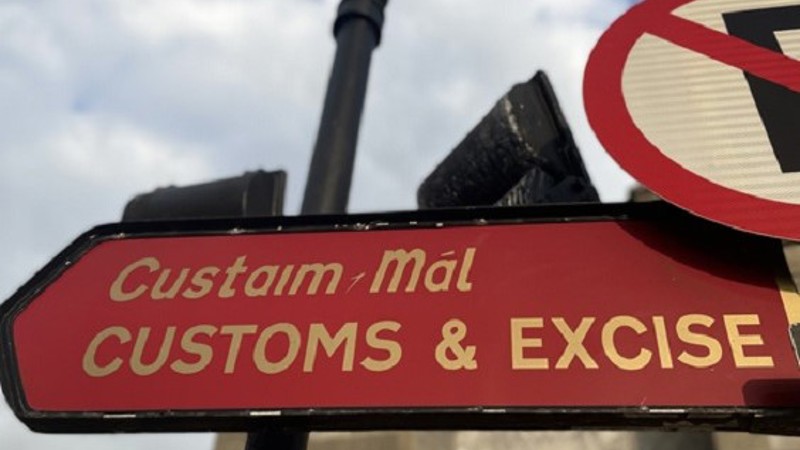Can the road carriage limitation be deviated from in favour of cargo interests?
October 2021
As a general rule, the carrier of goods by road is able to rely on a limitation of liability per kilogram when damage occurs to the goods during transport. These limitations, being € 3,40 and 8,33 SDR for domestic and international carriage respectively,[1] are occasionally found to be too restrictive for parties to the carriage contract, so that they attempt to make different arrangements. While it is clear that parties cannot agree to a lower limitation, does the same apply when parties agree to a higher limitation in favour of cargo interests?
Possibilities under Dutch law
When it comes to limitation of liability, the Dutch Civil Code provides parties with a bit more flexibility than the CMR regime. As opposed to the CMR, Dutch law allows for the possibility to deviate from the limitation in favour of cargo interests, if the agreement is laid down in a separate written agreement ‘specifically intended for the transport at hand’.[2] It is often assumed that deviations agreed upon in a framework agreement also meet the requirements of this provision. However, this assumption does not extend to diverging limitations included in general terms and conditions, as it was held that such deviations were unenforceable.[3]
Parties can therefore choose to apply the CMR convention, including the limitation, in cases of national road carriage.[4]
Possibilities in CMR cases?
As signalled earlier, the CMR regime is more rigid. However, this does not deter parties from trying to find various workarounds. The Dutch courts had to decide on two types of arrangements in the last years.
The first case involved so-called trucking, which boils down to an airline company instructing a road carrier to transport a consignment from one airport to another. Pursuant to the Montreal Convention, the airline company is liable for 19 SDR per kilogram. However, the airline can only seek recourse against the road carrier pursuant to the provisions of the CMR, which provide for a much lower limitation of 8,33 SDR. Of course, airlines wish to avoid being confronted with a recourse gap. For this reason, so that they agree with the road carrier to apply the Montreal limitation to the road carriage. This was precisely what had happened in a case before the district court of Zeeland-West-Brabant. The court held that such an agreement was null and void. The court applied the CMR limitation instead.[5]
The second contractual arrangement was an agreement regarding circumstances that would qualify as wilful misconduct. In a case decided by the district court of Rotterdam, cargo interests had included in the contract that if a carrier failed to comply with certain safety obligations, such a failure would constitute wilful misconduct in the sense of art. 29 CMR.[6] This provision did not stand either, so that the road carrier could simply invoke the CMR limitation.
In short, the abovementioned judgments show that the lower Dutch courts are of the opinion that the CMR regime leaves parties little to no freedom of contract regarding the limitation of liability.
* * *
[1] ‘SDR’ is the abbreviation of Special Drawing Right, a supplementary foreign exchange reserve assets defined and maintained by the International Monetary Fund (IMF). On 10 October 2021, one SDR is approximately EUR 1,20.
[2] Art. 8:1102 DCC.
[3] Court of Appeal Amsterdam 22 June 2000, ECLI:NL:GHAMS:2000:AK4316, S&S 2001/8, par. 4.17.
[4] Dutch Supreme Court 26 May 1989, ECLI:NL:HR:1989:AD0808, NJ 1992/105.
[5] District Court of Zeeland-West Brabant 13 December 2017, S&S 2018/78.[6] District Court of Rotterdam 14 February 2018, S&S 2018/79.











